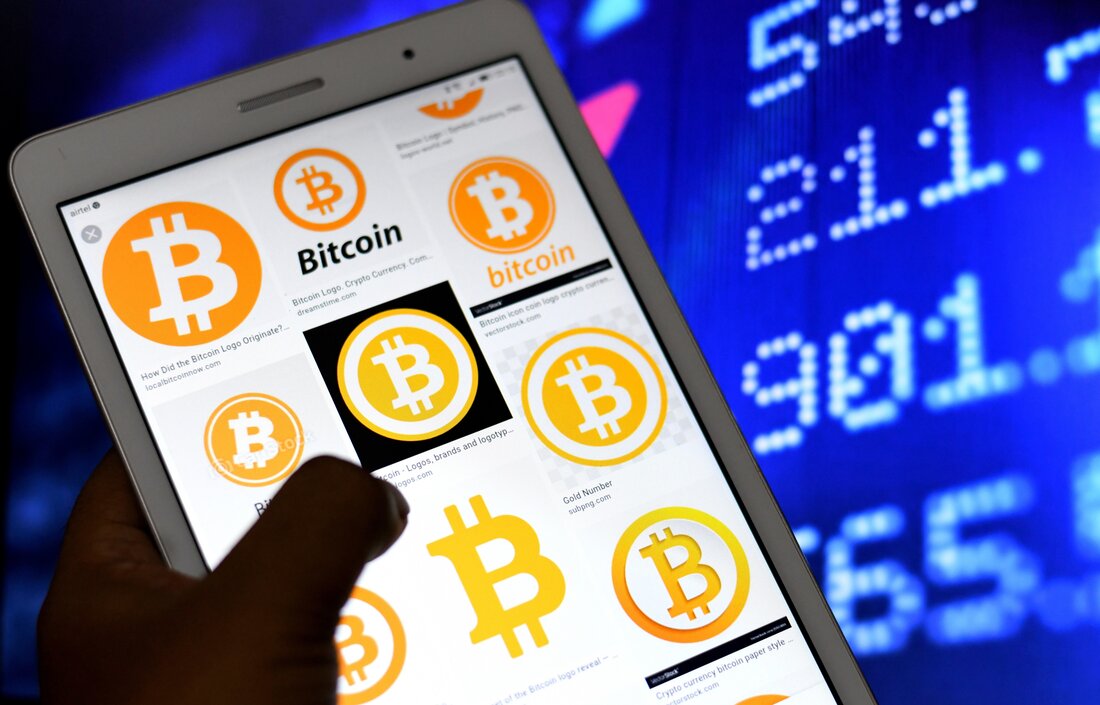Russia has begun using bitcoin and other digital currencies in foreign trade, Finance Minister Anton Siluanov revealed on Wednesday, marking a significant shift in the country’s approach to circumvent Western sanctions.
Navigating Sanctions with Digital Currencies
Sanctions imposed by Western nations have disrupted Russia’s trade with key partners such as China and Turkey, with local banks reluctant to process transactions tied to Russia for fear of regulatory backlash.
In response, Russia has taken steps to legalize cryptocurrency usage in foreign trade and mining. The country is among the global leaders in bitcoin mining, leveraging its resources to mitigate the economic impact of sanctions.
“As part of the experimental regime, it is possible to use bitcoins, which we had mined here in Russia, in foreign trade transactions,” said Siluanov in an interview with Russia 24.
The finance minister confirmed that such transactions are already underway and emphasized their potential for expansion:
“We believe they should be expanded and developed further. I am confident this will happen next year.”
Legislative Shifts and Strategic Adoption
Russia enacted legislation this year to enable cryptocurrency transactions for international payments. The move aligns with broader efforts to position digital currencies as a viable alternative to the U.S. dollar in global trade.
Earlier in December, President Vladimir Putin criticized the U.S. for politicizing its currency, arguing that such actions undermine the dollar’s status as the world’s reserve currency.
Putin highlighted bitcoin as an alternative asset, stating,”No one in the world could regulate bitcoin.”
His remarks suggest strong governmental support for the extensive use of cryptocurrencies in Russia.Implications for Global Trade and Cryptocurrency Markets
Russia’s adoption of bitcoin for international trade could set a precedent for other sanctioned nations exploring alternative payment methods.
- Opportunities:
- Enhanced trade flexibility with partners such as China and Turkey.
- Utilization of domestically mined bitcoin to reduce reliance on traditional financial systems.
- Challenges:
- Potential pushback from Western regulators aiming to curb cryptocurrency use in evading sanctions.
- Market volatility and regulatory uncertainty surrounding digital currencies.
Looking Ahead
Russia’s embrace of bitcoin and other cryptocurrencies signals a strategic pivot in global trade dynamics. With international payments in digital currencies gaining traction, the coming year could witness a broader shift as nations explore alternatives to traditional financial systems.
Siluanov remains optimistic about the future of digital currencies:
“International payments in digital currencies represent the future.”





